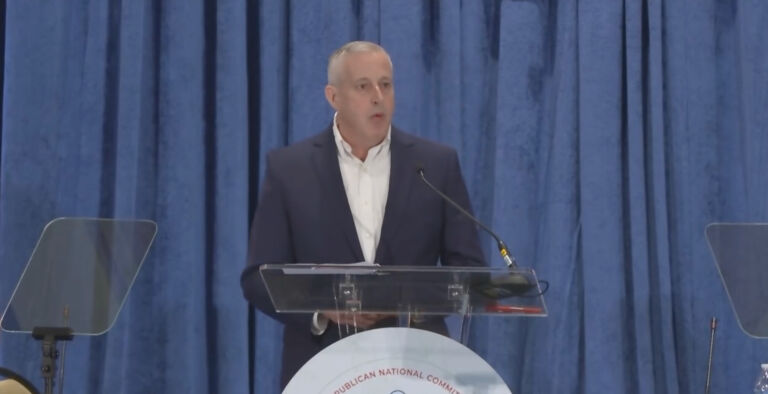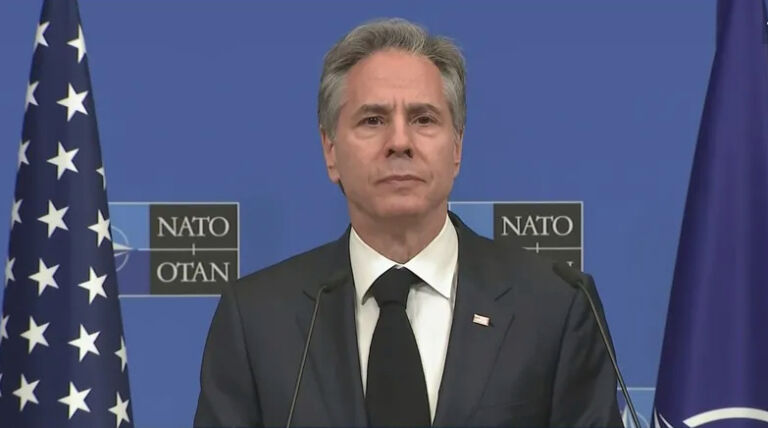Daniel Cox writes for Business Insider about an important partisan divide among America’s youngest voters.
Something strange is happening between Gen Z men and women. Over the past decade, poll after poll has found that young people are growing more and more divided by gender on a host of political issues. Since 2014, women between the ages of 18 and 29 have steadily become more liberal each year, while young men have not. Today, female Gen Zers are more likely than their male counterparts to vote, care more about political issues, and participate in social movements and protests.
While the gender gap is an enduring feature of American politics, at no time in the past quarter century has there been such a rapid divergence between the views of young men and women. The startling speed of the change suggests something more significant is going on than just new demographic patterns, such as rising rates of education or declining adherence to a religion — the change points to some kind of cataclysmal event. After speaking with more than 20 Gen Zers, my colleagues at the Survey Center on American Life and I found that among women, no event was more influential to their political development than the #MeToo movement.
In 2017, women around the world began speaking out about their experiences with sexual assault and harassment. Gen Zers were then in high school and college, and for them, the movement came at a formative moment. “Luckily I had that all over social media to shape the way I look at dating and men,” a 21-year-old woman told us about #MeToo. She said it allowed her “to use other people’s experiences to form a sense of putting a guard up.” A 20-year-old woman offered a similar take — that #MeToo empowered her to stand up for herself: “I think it makes me less of a doormat.”


